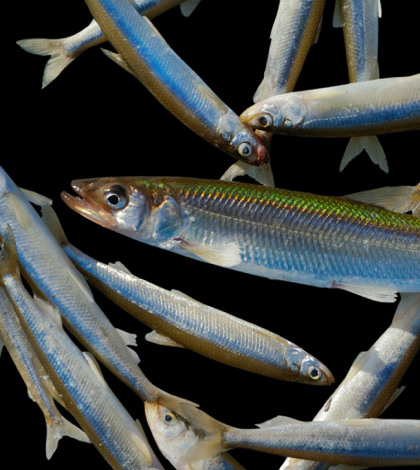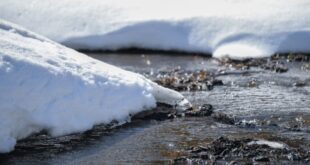Three environmental groups have filed a lawsuit in U. S. District Court in San Francisco asserting that the U. S. Environmental Protection Agency (EPA) has failed to protect water quality in the Sacramento-San Joaquin Delta as spelled out in the Clean Water Act.
The Natural Resources Defense Council, The Bay Institute and Defenders of Wildlife filed suit on Friday—on Earth Day—criticizing the EPA for some 20 decisions by California’s State Water Resources Control Board (CSWRCB) and failing to protect water quality standards in the Delta while increasing water shipments to farms and cities.
The environmentalists claim the decisions have had devastating effects for native fish especially the Delta smelt and the winter-run Chinook salmon. They point to “crashing fish populations, with several species declining to the lowest levels ever recorded, and other – such as the endangered winter-run Chinook salmon – suffering near-total mortality for two years in a row,” per a statement they distributed.
“The San Francisco Bay-Delta is a national treasure on par with the Chesapeake Bay, the Great Lakes and the Everglades,” said Kate Poole, senior attorney with the Natural Resources Defense Council. “EPA cannot sit idly by while state regulators allow this great estuary, its fisheries and the thousands of jobs it supports to suffer death by a thousand cuts.”
The trio of environmental agencies have blamed the EPA for not overseeing the state’s actions. They are targeting the EPA for not enforcing the Clean Water Act (CWA). Under the CWA federal approval is required before any changes to weaken water quality standards go into effect. The environmentalists point to the fact that the EPA has neither reviewed nor approved the changes made by the CSWRCB and water quality in the Delta has been allowed to “badly deteriorate.”
“Through this lawsuit, we aim to stop the state board from waiving environmental standards and to put safeguards in place that protect the water quality of the California Bay-Delta and the wildlife that depend upon this fragile system,” said Kim Delfino, California program director of Defenders of Wildlife.
The state has indicated the situation is “temporary” and “urgent.” Normally water flow changes would necessitate additional environmental review and oversight but Gov. Jerry Brown’s declaration of emergency drought conditions in 2014 allowed water officials to accelerate the process.
 California Water News Daily Your Source For Water News in California
California Water News Daily Your Source For Water News in California


